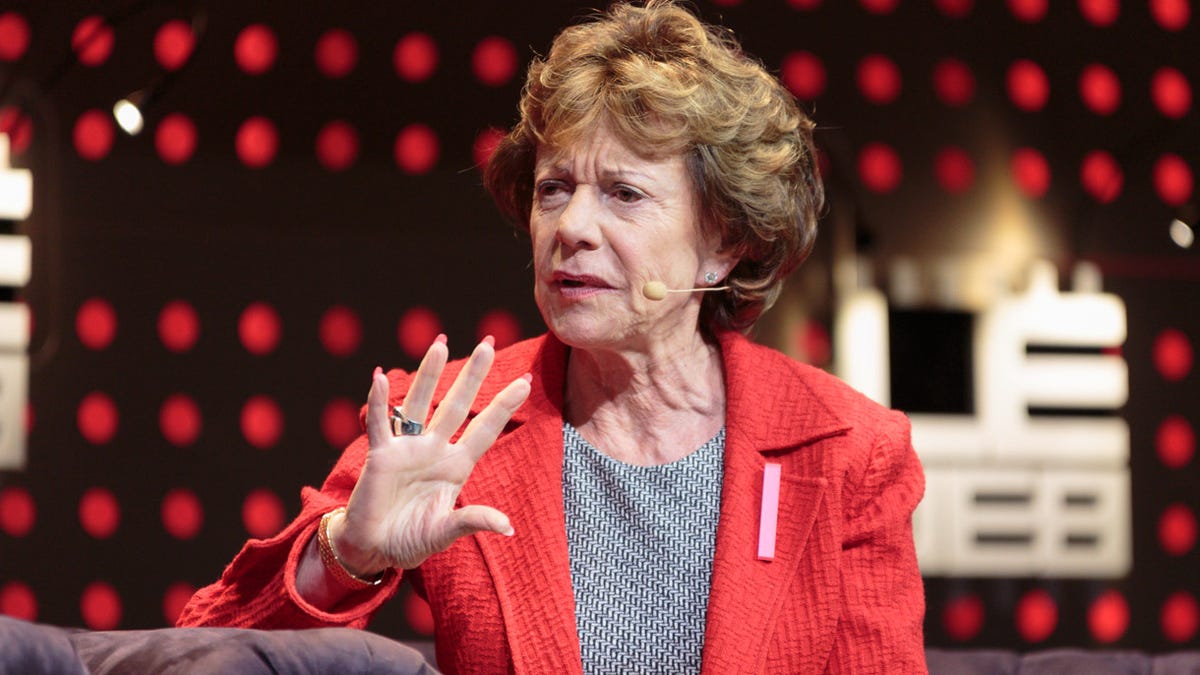Kroes: Unify European telecom market for big economic boost
European Commission VP Neelie Kroes says unifying mobile-phone service across Europe's borders could boost its economy by 110 billion euros a year.

Unifying Europe's telecommunications market could mean an annual economic boost of 110 billion euros, or $141 billion, a top European Commission official says.
Neelie Kroes, the EC vice president responsible for the region's digital agenda, has been pushing for a unified European telecom market for weeks, arguing that Europe's patchwork regulations, varying spectrum, and cross-border costs for customers make the region uncompetitive. She added the economic-boost argument in a speech Tuesday at a European Parliament meeting.
"In an economy relying on information and communication, we cannot sit by while the telecoms sector becomes too weak to compete, invest, and innovate. We cannot continue to struggle by with poor, aging networks," she said. "This matters. The boost from a competitive single market in telecommunications could be 110 billion euros a year."
Kroes has said she believes it's possible to push Europe to a unified telecom market within a year. To try to hammer out an agreement, she's argued for changes that would cut how much consumers have to pay for services, but she's suggested other changes that would make business easier for carriers.
Kroes has proposed that network operators get easier access to new countries and that anti-competition regulators lower barriers to mergers. For consumers, she's proposed an end to roaming fees within Europe, so that leaving one's home country won't mean higher fees for calls, text messages, and data.
"European calls shouldn't count as a costly 'international call' ... And of course, in a true single market, there are no artificial roaming charges. It's irritating, it's unfair, it belongs to the past. Often, the only remaining reminder of our internal borders is the phone in your pocket. That has to change," she said. Europeans "should be able to take their mobile minutes, messages, and megabytes with them, wherever they travel in Europe."
EU citizens suffer as a result of today's fragmentation, which mean that manufacturers give Europe a low priority and carriers move slowly, she said.
"The rest of the world is racing ahead," Kroes said. "America, Japan, and Korea have 88 percent of the world's 4G subscriptions; the EU has just 6."

